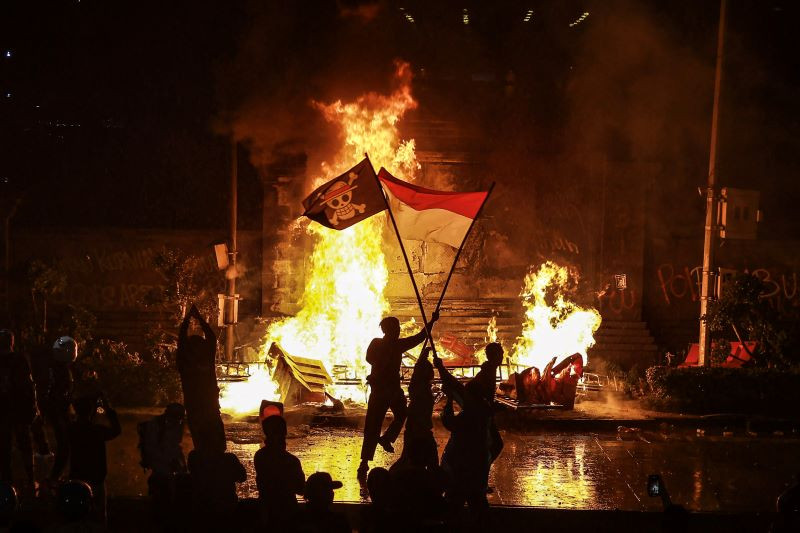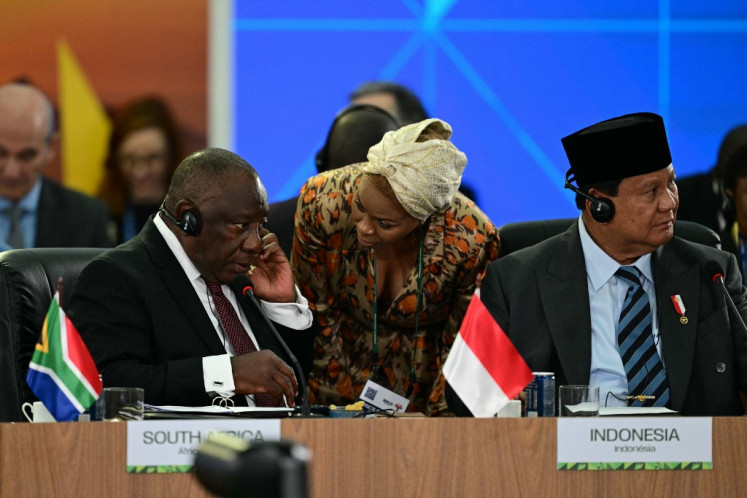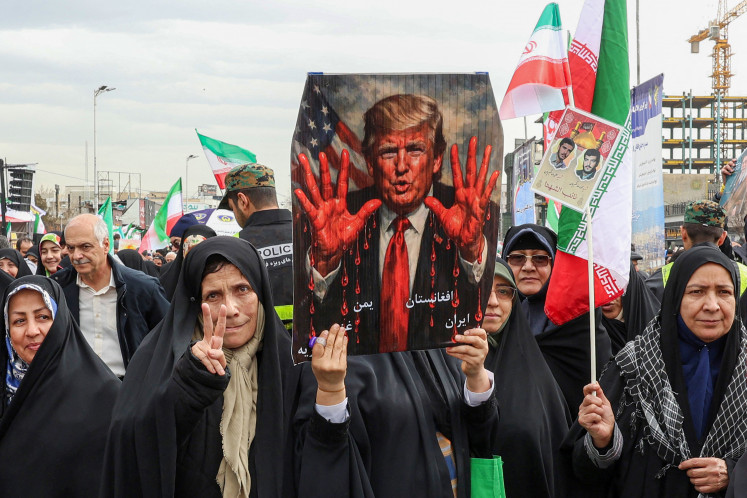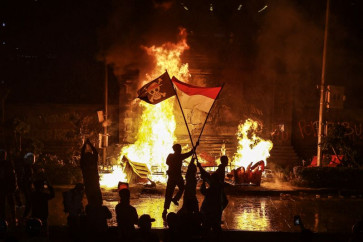Popular Reads
Top Results
Can't find what you're looking for?
View all search resultsPopular Reads
Top Results
Can't find what you're looking for?
View all search resultsCivilian police, public trust and the Brimob paradox
The new police reform efforts underway since the August-September protests must clearly delineate the steps toward rebuilding a civilian policing institution, in particular redefining the role and functions of the National Police’s paramilitary Brimob unit.
Change text size
Gift Premium Articles
to Anyone
T
he death of an online motorcycle taxi driver, crushed by a tactical vehicle of the police Mobile Brigade (Brimob) during protests in Jakarta on Aug. 28, ignited a firestorm. Within days, demonstrations erupted in more than 30 cities and thousands took to the streets. Nine more lives were lost, including in clashes with security forces.
Public grief turned to rage and civil society groups demanded not just justice, but a fundamental rethinking of how Indonesia is policed. The National Conscience Movement (GNB), a broad interfaith and civil society coalition, met President Prabowo Subianto on Sept. 11 to deliver that message.
In response, the President announced a police reform effort and appointed retired police general Ahmad Dofiri as a special adviser on public order and police reform. It was a rare acknowledgment that policing had lost public trust.
But just as momentum gathered, the National Police chief announced his own reform transitional team, an internal task force made up entirely of police officers. Civil society critics warned the initiative risked becoming a closed-door exercise, protecting institutional interests rather than transforming them.
At the heart of this reform lies the paradox. The police have a constitutional mandate to secure society, distinct from the defense role of the Indonesian Military (TNI) and firmly within the civilian domain. Yet when Brimob, the paramilitary backbone of the National Police, is deployed to suppress protests or guard plantations and mines with national vital object (Obvitnas) status, it raises a troubling question: Whose security is being protected, that of the public or of a privileged few?
The separation of the police from the military, as part of the 1998 reform agenda, was designed to clarify roles and reinforce civilian supremacy. The TNI was tasked with external defense, the police with internal security. This was meant to transform the National Police from a militarized arm into a civilian law enforcement agency.
Yet 27 years later, public trust is eroded not just by crackdowns on protests but also by a perception that Brimob and other policy units act as security contractors for powerful interests.



















